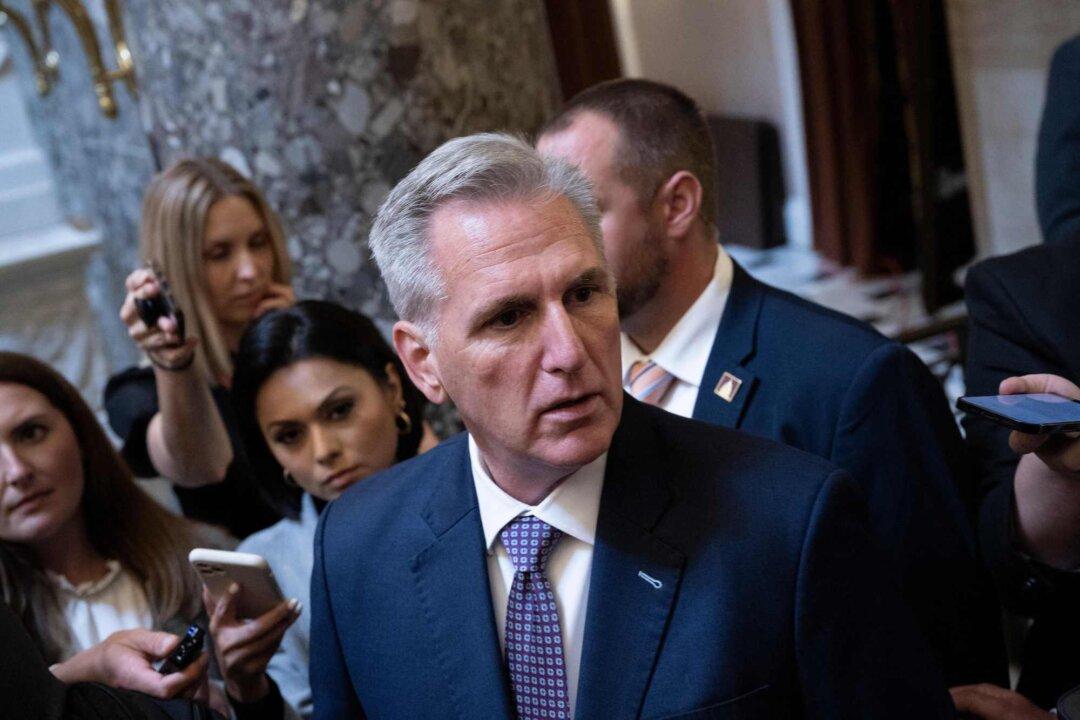A procedural vote on a continuing resolution aimed at averting a government shutdown was removed from the House schedule this afternoon, adding another delay in a hotly contested battle over government spending in the coming fiscal year.
The House was scheduled to vote on the rule for consideration of H.R. 5525, Continuing Appropriations and Border Security Enhancement Act, 2024, at 2:30 p.m. on Sept. 19. The “rule,” proposed by the House Rules Committee, sets the terms for debating the bill on the House floor.





